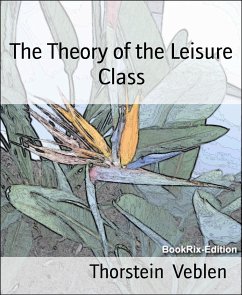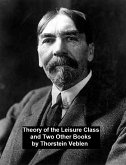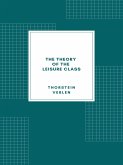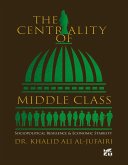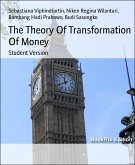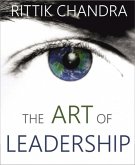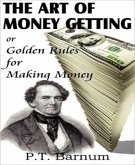The Theory of the Leisure Class: An Economic Study of Institutions (1899), by Thorstein Veblen, is an economic treatise and detailed social critique of conspicuous consumption, as a function of social-class consumerism, which proposes that the social strata and the division of labor of the feudal period continued into the modern era. The lords of the manor employed themselves in the economically useless practices of conspicuous consumption and conspicuous leisure, while the middle and lower classes were employed in the industrial occupations that support the whole of society; economically wasteful activities are those activities that do not contribute to the economy or to the material productivity required for the fruitful functioning of society. Veblen's analyses of business cycles and prices, and of the emergent technocratic division of labor by speciality (scientists, engineers, technologists) at the beginning of the 20th century proved to be accurate predictions of the nature of an industrial society.
